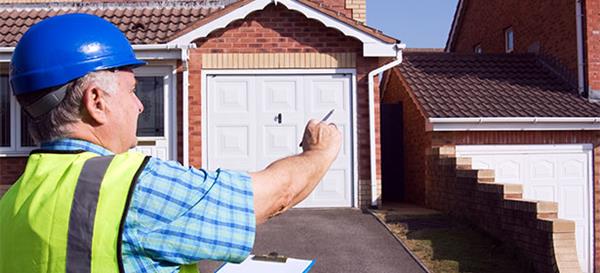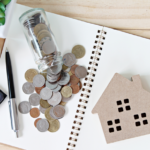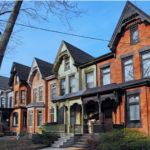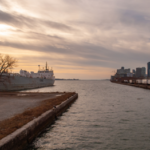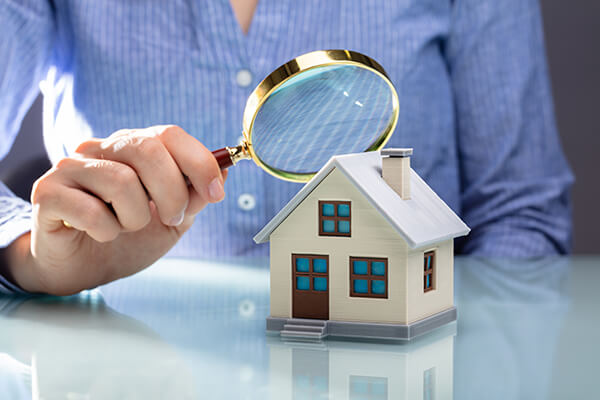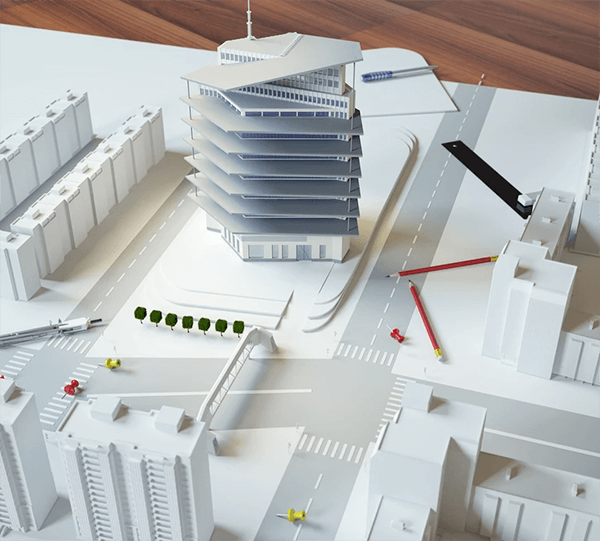Tags: #Toronto #Condos #Mortgage
Buying a home can be a fantastic investment and life decision – in 2016, over 113,000 homes were purchased in Toronto, many by people who share this belief1. With home prices continuing to rise in the GTA month-over-month many people are predicting that this trend will continue2.
With all of the upside to home ownership there are many first time buyers that are looking to get into the market, and many existing owners looking for a second property.
Oftentimes, the assumption is that once you save your 5 – 20% down payment and can afford your monthly mortgage payment you are all set to pull the trigger on your home purchase. The reality is that there are a number of latent costs that are often overlooked that potential home buyers need to be aware of.
Here is an overview of the often hidden costs that you need to be prepared for before buying a home.
- Home Inspection
Prior to purchasing a home it is wise to hire a home inspector to audit the home and provide you with a report on its current condition. Home inspectors can evaluate the overall structure of the home and can identify underlying issues with the home which you may not detect with your naked eye.
Home inspections are not mandatory, however, many people find it prudent to make a professional home inspection a condition of their offer to purchase a home.
Paying for a home inspector up front can end up saving you thousands of dollars in unforeseen repairs in the future.
Approximate cost: $500
- Home Appraisal
A home appraisal is conducted by a licensed real estate appraiser, who is specifically trained to estimate the market value of real estate. It is an impartial analysis and evaluation used by mortgage lenders to help determine whether the property has enough market value to warrant them lending you the amount of money that you are looking to borrow for your mortgage.
Getting a home appraisal is generally a requirement when applying for a mortgage.
Appraisers can provide you with information on the following:
a) Condition of plumbing
b) Condition of appliances
c) Construction materials
d) Type of energy used for heating and cooling
e) Building code compliance
Approximate cost: $400
- Property Survey
A property survey is a specialized map of a specific piece of land that is created by examining and measuring the property. By establishing the lines and boundaries of the property that you are looking to buy you are assured that you will not run into issues with property lines in the future and after you have started any work on the land.
Depending on the last time that the home you are buying was sold you may not need to have another survey done.
Approximate cost: $700
- Home Insurance
If you are taking on a mortgage to buy your home, home insurance is mandatory. Though even if you do not need a mortgage you should still purchase home insurance.
Home insurance protects your home in case of unfortunate incidents such as fire, flooding, hail, and theft. It also protects you from liability claims such as for damages caused unintentionally to a third party.
Approximate cost: $750/annually
- Mortgage Insurance
All across Canada, homebuyers who put down less than a 20% down payment on their home are required to purchase mortgage insurance. Mortgage insurance compensates your lender for any losses due to you defaulting on your mortgage loan.
The cost for mortgage insurance varies between .51 to 2.90 percent of the total mortgage amount and is added to the mortgage principal and paid on the same schedule as your mortgage.
Approximate cost: 0.5 – 2.9% of mortgage
- Lawyer fees
Lawyer fees are fees paid to your lawyer to review and draw up any legal documents that are required when purchasing your home. When purchasing a home you should discuss your offer to purchase with your lawyer prior to signing anything to ensure that your interests are protected.
Approximate cost: $1600
- Land transfer tax
Land transfer tax is charged to the buyer each time a property is sold. The amount of tax charged is based on the purchase price of the home – as home prices go up you will in turn pay a higher land transfer tax.
The following formula can be used to calculate the amount of land transfer tax that you will have to pay, using a $600,000 home as an example3:
0.5% on the first $55,000
1.0% on the amount exceeding $55,000 up to $250,000
1.5% on the amount exceeding $250,000 up to $400,000
2.0% on amounts exceeding $400,000
$55,000 x 0.005 = $275
$195,000 x 0.01 = $1,950
$150,000 x 0.015 = $2,250
$200,000 x 0.02 = $4,000
Total land transfer tax payable = $8475
- Property taxes
Property tax is an annual tax imposed on homeowners based on the value of your property. The tax dollars go to items such as education, transit, and community programs.
Your property tax can be calculated as Assessed Home Value x Residential Tax Rate4
For example, using a $600,000 home in the city of Toronto as the assessed home value and the residential tax value of 0.006879731% your annual property tax would be $4,127.84. The levy breaks down as follows:
City tax rate: 0.4970292% = $2,982.18
+
Education tax rate: 0.188% = $1128.00
+
Transit expansion tax rate: 0.0029439 = $17.66
- Maintenance fees and utilities
Condo and townhouse condo owners are required to pay a monthly maintenance fee. This fee covers your percentage of the costs to run the building as a whole – items outside of your living space such as the parking lot, concierge, rooftop patio, pool, gym, etc.
Fees are charged per square foot based on the size of your condo unit, and are generally in the $0.70 – $0.80 per square foot range. So for a 900 square foot condo you can expect a monthly maintenance fee of about $675.
Condo fees will often include utilities such as water, sewer, and garbage/recycling removal.
- Interest adjustments
If there is any gap between the closing date of the purchase and the first payment date of the mortgage you will be required to pay the difference.
You can avoid this fee by arranging to make your first mortgage payment exactly one payment period after your closing date.
- Moving costs
Moving into a new home will come with costs whether you do it yourself and with friends/family or if you hire movers to do the job for you. These costs will vary depending on the size of the home that you are leaving, the amount of personal items and furniture that you are moving, and the overall distance that you are moving.
Approximate cost: $750 – $2,000
Whether you are looking to buy your first home, trade up in terms of size, or take on an investment property, be aware of all of the costs that can be associated with home buying so that you are prepared to make your purchase.
